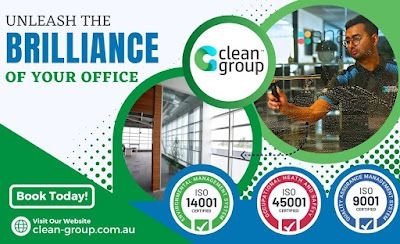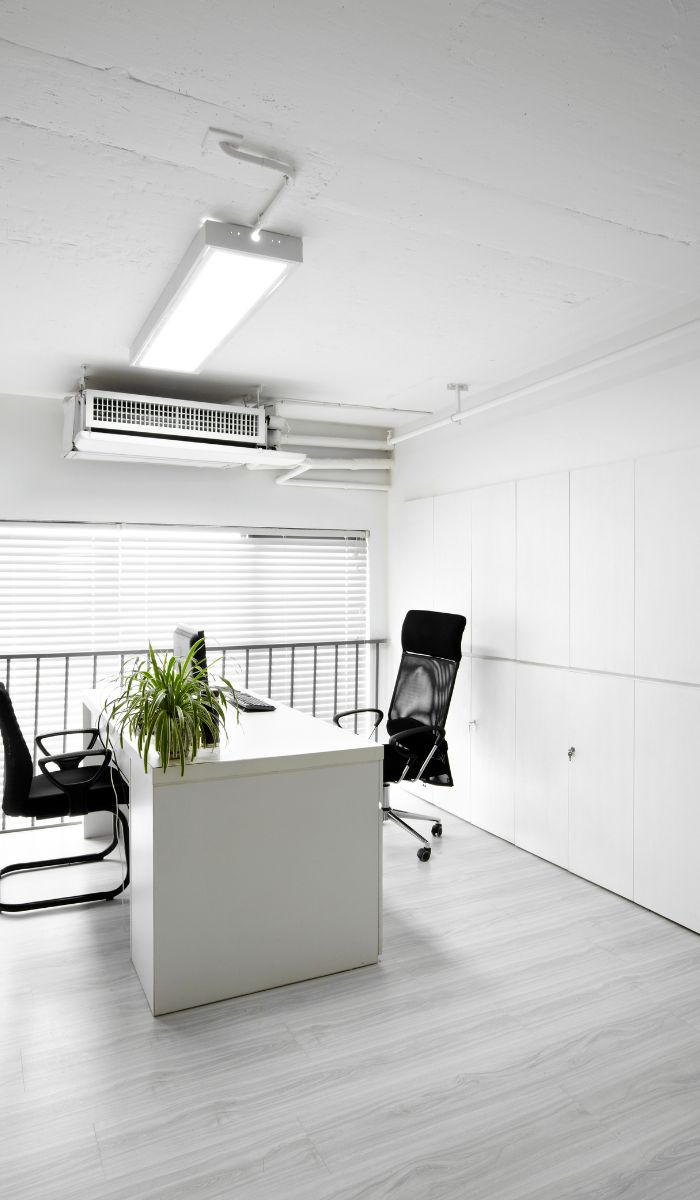
Complete Guide to Commercial Cleaning Services for Offices
Why Commercial Cleaning Is Essential in Banks
In addition to these trends, there is a growing interest in the role of cleaning in contributing to sustainable buildings. The construction and design of green buildings now increasingly includes considerations for how spaces will be maintained. Clean Group provides comprehensive and professional Clean Group A Trusted ISO Certified Company across Sydney, NSW. Our fully insured, trained, and security-verified cleaners ensure your workplace stays spotless and hygienic. Schedule a free onsite quote today—book online or call us at 02 9160 7469. Get your obligation-free commercial cleaning estimate for offices, buildings, and other business spaces in Sydney.. Low-maintenance materials that are easier to clean and disinfect are being incorporated into new construction, while the use of energy-efficient equipment in cleaning processes is being prioritized. For example, energy-efficient steam cleaners, which require less water and electricity, are being used in place of traditional cleaning methods. The integration of sustainable cleaning practices into the broader design and operation of buildings helps reduce the overall environmental impact of the construction industry.
As urbanization continues to grow, the demand for cleaning services in cities is expected to increase. The need for both residential and commercial cleaning will continue to rise as more people live and work in densely populated areas. In these environments, the challenges of maintaining cleanliness, hygiene, and safety become more complex. Urban cleaning efforts must address the cleanliness of public spaces, such as streets, parks, and public transport systems, while also ensuring that private spaces like apartments, offices, and retail spaces are kept in top condition. This growing need for comprehensive cleaning solutions is driving innovation in both cleaning technologies and services, with a focus on efficiency, sustainability, and cost-effectiveness.
Why Schools and Childcare Centers Need Professional Cleaning

